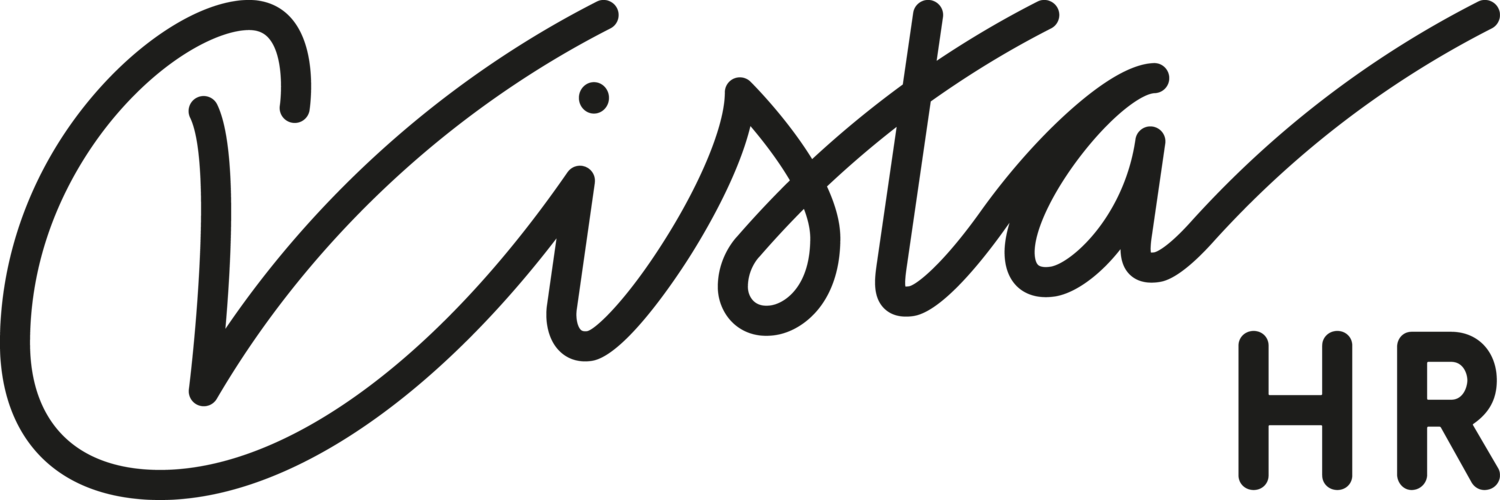Technology plays a major role in our lives, so it is essentially, even critical, to use it as a tool to complement our offline activities. While having a proper paper resume is key, recruiters are increasingly going the extra mile to determine if an individual is a right fit for the company based on their social resume.
Social resume is a combination of online profiles under an individual’s moniker, and can consist of multiple platforms, such as Facebook, Twitter, and LinkedIn. Depending on the privacy settings, it is easy to find out and determine the personalities behind such profiles with a few clicks. It helps to put a face to the cover letter, and without even having an actual interview, filter out the candidates from their online lifestyle. Whether the employer is looking to headhunt or confirm credentials, one can definitely benefit from having a strong and positive online presence from these tips.
STEER AWAY FROM CONTROVERSIAL TOPICS
While many of us like to separate our personal and working lives, it is easy to mix both of them once they are online. Any public information shared on social networking platforms becomes accessible by anyone, and can paint a whole different picture of the candidate. Although the skill set requirement is met, sharing or posting about such negative practices may be a huge disadvantage. Generally, recruiters dislike behavior that deal with illegal drugs, sexual content, spelling errors, and regular alcohol consumption. If this is part of an individual’s lifestyle, consider a private profile because it can also negatively affect the company’s brand image in the long run.
BE CREATIVE WITH INFORMATION PRESENTATION
There is an information overload online, and one of the ways to beat this is to present such important information creatively. This can help to narrow down the information to focus on certain core aspects or skills, and leaves the employer with a good impression. One of the ways to achieve is to go the extra mile and design your resume, such as presenting the information in pie charts or a landscape graph. These help to form an information landscape that is readily accessible by the recruiters. Another way is to alter the content to suit each company specifically, so that it becomes an unique appeal and memorable design to get into their good books.
HAVE A PROFESSIONAL ONLINE AVATAR OR PROFILE PICTURE
It goes without saying that a good photograph can make all the difference with the attention and likes, but maintaining a professional online avatar or profile image is equally as important, especially for individuals looking to make a good first impression. Photographs with skimpy outfits or questionable activities should generally be avoided as it can cloud the potential of the resume. Instead, consider investing in a professional business photoshoot so that your best appearance is put forward for the company's’ consideration. Other than having proper business attire, a good smile and strong posture will help to convey the individual’s suitability with the company.

